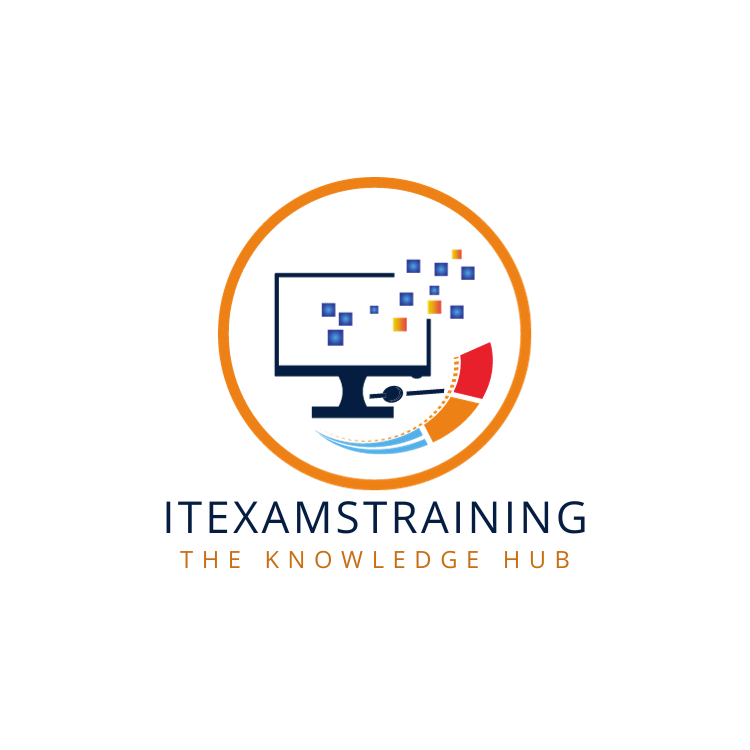
SC-300 Ram through the Access Admin
SC-300 usually refers to one of Microsoft’s security certifications. More precisely, it is linked to the “Microsoft Identity and Access Administrator” certificate. As of my most recent training in January 2022, this certification focuses primarily on implementing identity solutions using the Microsoft suite of services, including but not limited to Azure AD, Access conditional, etc.
Having a Glance at SC-300 Objectives
Candidates taking SC-300 should know:
Implement an identity governance strategy:
- Implement rights management.
- Take counter exams. Implement privileged access.
- Implement user and group access management:
Design and create users and groups.
- Manage user and group properties.
- Manage device settings.
- Configure Azure AD join. Configure hybrid identities.
- Deploy authentication and access management solutions:
Implement authentication methods.
- Set up secure access using Azure AD.
- Manage access to applications.
- Deploy access to external users of Microsoft 365 apps and Azure AD. Implement access management for applications:
Register for applications.
- Deploy and configure Microsoft Identity Platform and Microsoft Graph authentication.
- Manage API access to Microsoft Graph.
- Take consent for applications.
Implement conditional access for modern authentication applications. Please note that these goals may be updated from time to time. Microsoft periodically reviews its certification exams to ensure they are up to date with the latest technology updates and best practices. Therefore, you should consult the official Microsoft Learning website or the specific SC 300 exam site for the most up-to-date objectives before starting test preparation.
Importance of the SC-300 Exam
Role description:
The role of the identity and access administrator is to ensure that the right users have the right access to the right resources at the right time. This role often involves collaborating with administrators and other stakeholders to provide a secure and streamlined user experience. Key areas of expertise include:
Identity management:
Understand and implement lifecycle policies:
Ensure identities are effectively managed throughout their lifecycle, from inception to retirement.
Role-based access control (RBAC):
Use RBAC to control granularly what actions users can take.
Authentication methods:
Multi-factor authentication (MFA):
Know the different ways to configure MFA and when to apply it for maximum security without affecting user productivity.
Single sign-on (SSO):
Understand the benefits of SSO and how to implement it for different applications.
Conditional access:
Strategy:
Design and deploy conditional access policies based on various conditions such as user risk, device platform, and application sensitivity. Session Control:
Manage session lifetime and re-authentication time based on security needs.
Hybrid Identity:
Understand the complexities and needs of a hybrid environment where some resources may be on-premises and others in the cloud.
Deploy synchronized and federated identities.
External identification:
B2B cooperation (Business to business):
Know how to securely share company resources with external business partners.
B2C (Business to Consumer) Scenario:
Understand how to provide a secure and customizable sign-in experience for consumers. Application management:
Register the application:
Know how to register applications in Azure AD.
Connect OAuth2.0 and OpenID:
Get familiar with these authentication and authorization protocols.
Preparation Tips
Microsoft Learn:
Microsoft offers a learning path that aligns with this certification. It contains modules covering each area of the exam.
Practical laboratory:
Practical experience is invaluable. Microsoft often provides free Azure resources or sandbox environments for practice.
Document:
Microsoft’s documentation is very complete. Reading the official Azure AD documentation can provide more in-depth information.
Researchers:
Joining or forming a study group can help. Discussions can give a broader perspective on topics.
Real tests:
Before taking the actual test, try taking practice tests to gauge your level of preparation.
The cost of the SC-300 EXAM
Costs for Microsoft certification exams like SC300 may vary by region and any discounts or promotions available at any given time. As of the last update in January 2022, the standard cost for Microsoft role-based certification exams such as SC-300 cost is set at $165.
However, it should be noted that the price may vary by country or region due to differences in exchange rates, local taxes, and other factors. This may have changed since my last update. This may be different if you qualify for certain discounts (for example, student or faculty academic discounts). To get the most accurate and up-to-date information about the cost of the SC-300 exam, you should contact a Pearson VUE testing center near you or log in to the official Microsoft website.
SC-300 passing score
The passing score for the SC-300 Microsoft Identity and Access Administrator exam scored 700/1000. It’s important to note that a score of 700 does not mean you have to answer 70% of the questions correctly as Microsoft exams may have different question weights.
However, note some key points:
Scores:
The scoring system is scaled, meaning not all questions have the same weight. Some questions may score higher than others due to their complexity.
Update:
Microsoft may update its ratings policies or practices without notice. You should check the details mentioned in the test details or instructions provided at the start of your test.
Backside:
The report provided by Microsoft at the end of your evaluation is extremely important in uncovering areas for improvement, especially in the case of rework.
To get the most accurate and up-to-date information about passing scores and other details of the SC-300 exam, you should refer to the official Microsoft Learning website or any materials you are provided with when taking the exam.
Conclusion
Ultimately, while theoretical knowledge is necessary, practical experience is important in understanding the nuances and challenges of identity and access management.
